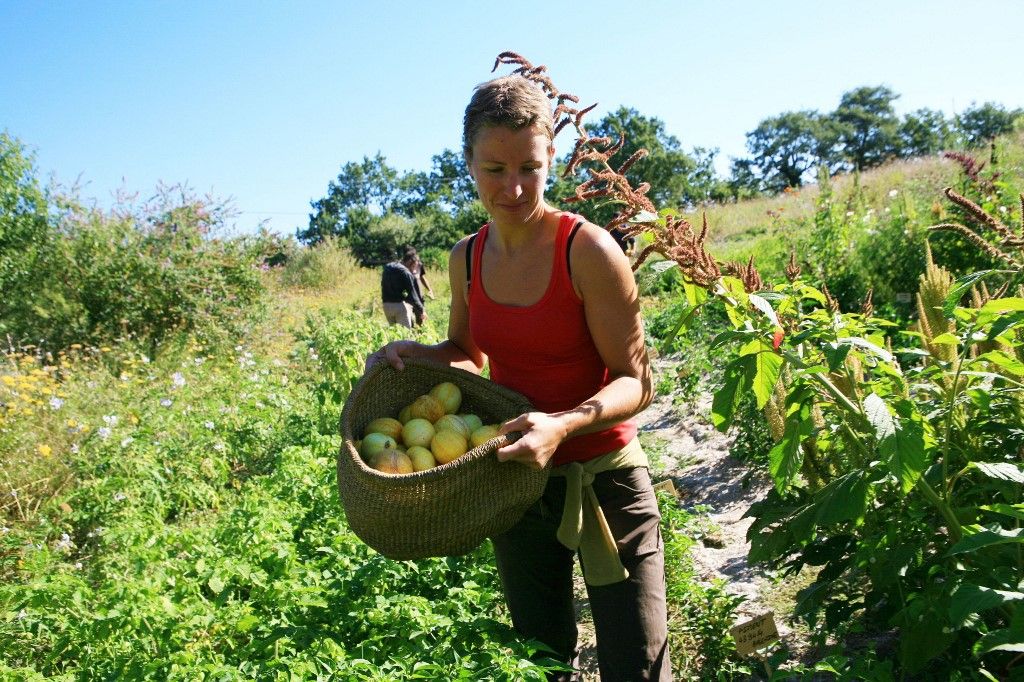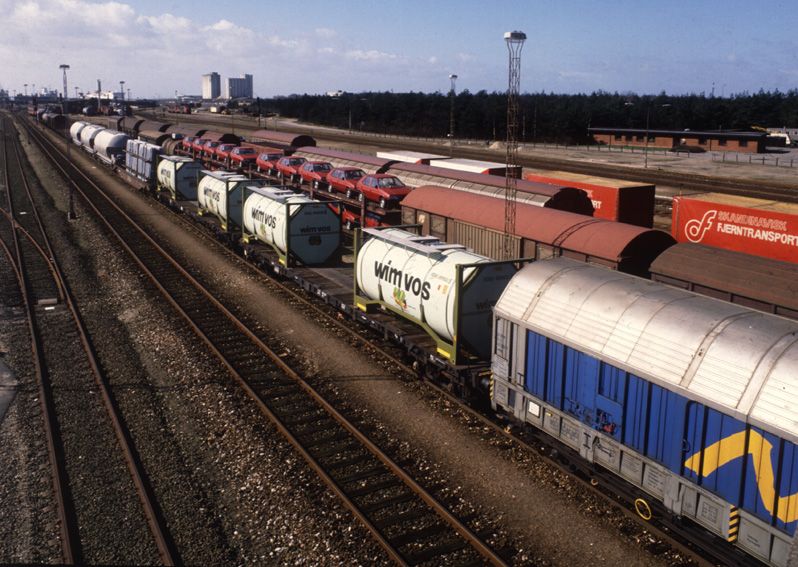As part of the EU’s solidarity response with Ukraine, the Commission has presented a set of actions to help Ukraine export its agricultural produce.
Following Russia’s invasion of Ukraine and its blockade of Ukrainian ports, Ukrainian grain and other agricultural goods can no longer reach their destinations. The situation is threatening global food security and there is an urgent need to establish alternative logistics routes using all relevant transport modes.
Urgent action to address transport bottlenecks
In spite of immediate efforts by the EU and its Member States to ease border crossings between Ukraine and the EU, thousands of wagons and lorries are waiting for clearance on the Ukrainian side. The average current waiting time for wagons is 16 days, while it is up to 30 days at some borders. More grain is still stored and held back in Ukrainian silos ready for export. Among the challenges are differing rail gauge widths: Ukrainian wagons are not compatible with most of the EU rail network, so most goods need to be transhipped to lorries or wagons that fit the EU standard gauge. This process is time-consuming and transhipment facilities along the borders are scarce.

Council supports measures for low-carbon and sustainable agriculture
|
To address these obstacles and set up the Solidarity Lanes, the Commission, together with Member States and stakeholders, will work on the following priority actions in the short term:
- Additional freight rolling stock, vessels and lorries: The Commission calls on EU market players to urgently make additional vehicles available. In order to match demand and supply and establish the relevant contacts, the Commission will set up a matchmaking logistics platform and ask Member States to designate dedicated Solidarity Lanes contact points (a ‘one-stop-shop’).
- Capacity of transport networks and transhipment terminals: Ukrainian agricultural export shipments should be prioritised, and infrastructure managers should make rail slots available for these exports. The Commission also calls on market players to urgently transfer mobile grain loaders to the relevant border terminals to speed up transhipment. A road transport agreement with Ukraine will also remove bottlenecks. To encourage EU transport operators to allow their vehicles to enter Ukraine, the Commission will also investigate options for top-up financial guarantees.
- Customs operations and other inspections: The Commission urges national authorities to apply maximum flexibility and to ensure adequate staffing to accelerate procedures at border crossing points.
- Storage of goods on the territory of the EU: The Commission will assess available storage capacity in the EU and coordinate with Member States to help secure more capacity for temporary storage of Ukrainian exports.

Videoconference between the Ministers of Agriculture of Southern Europe and FAO
|
More information: Press release – European Commission







Leave a Reply